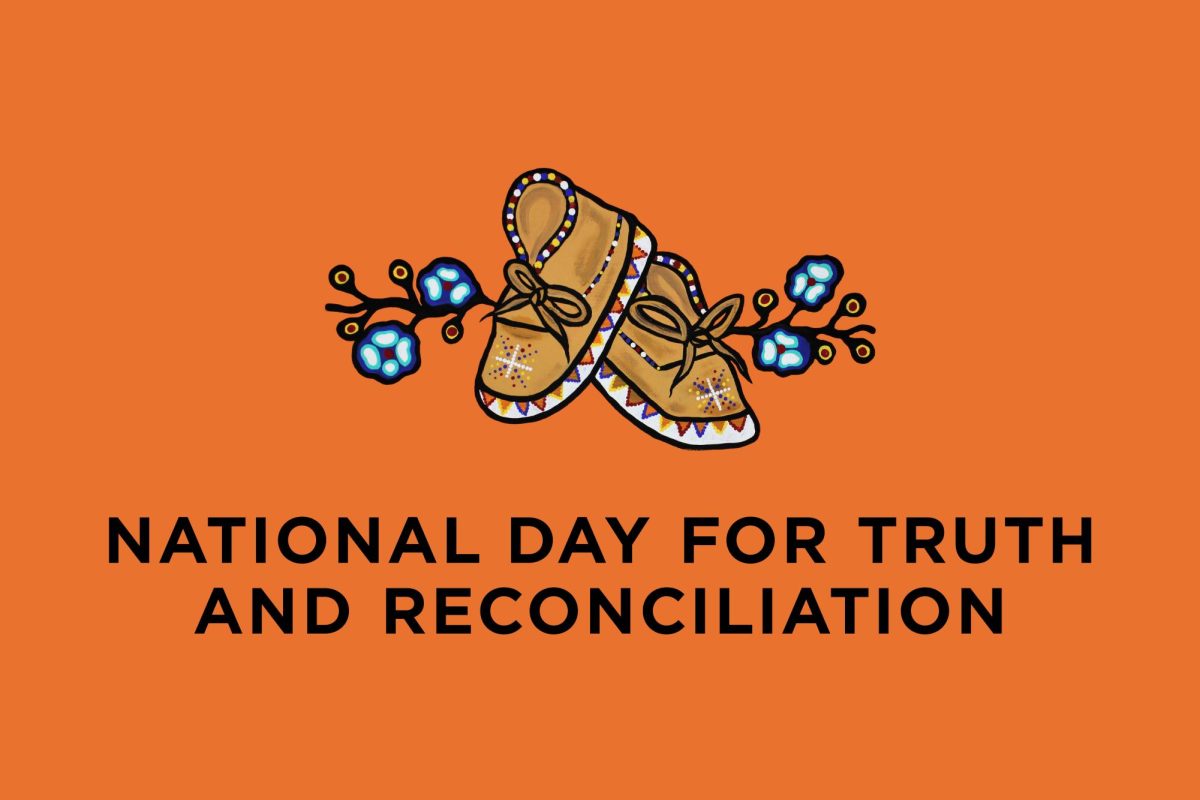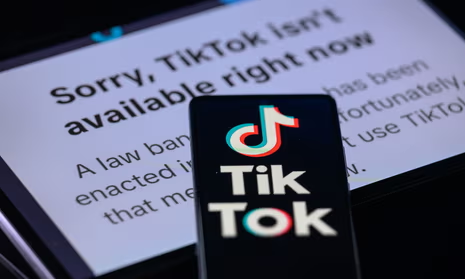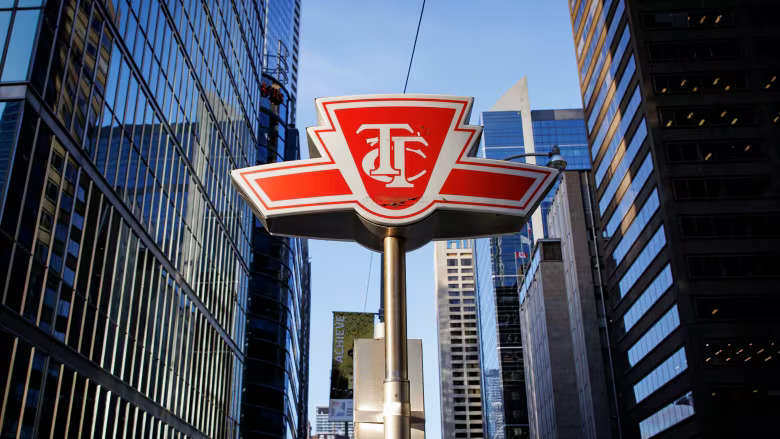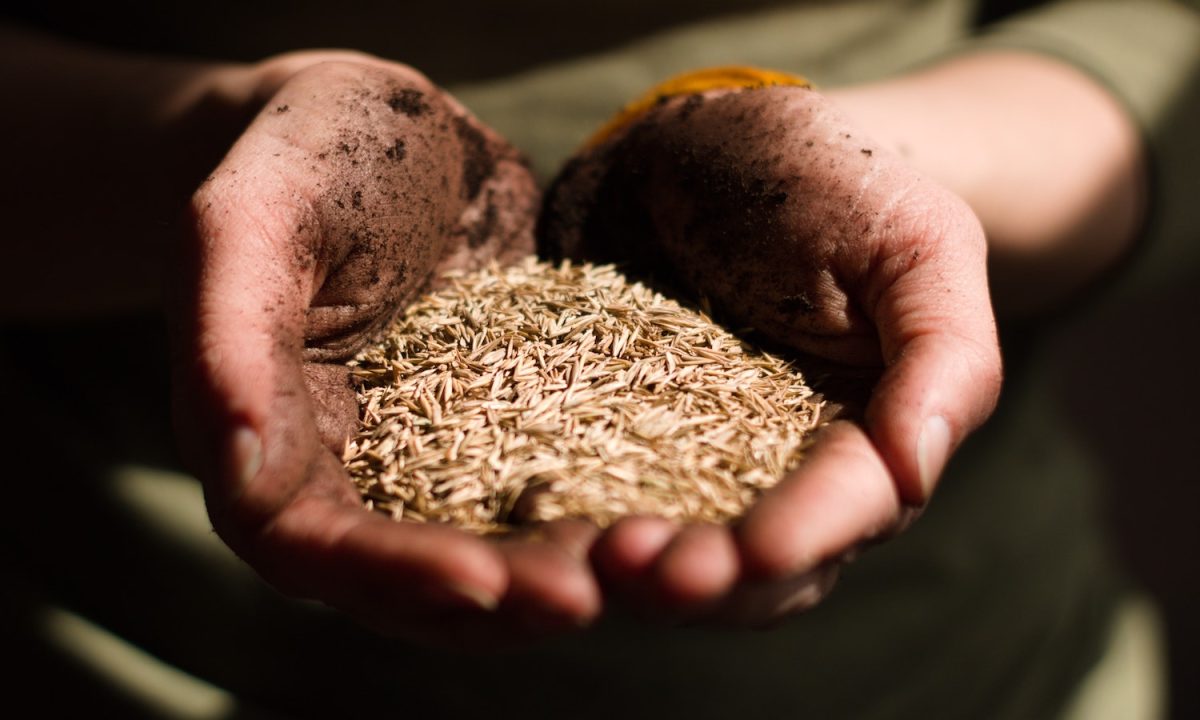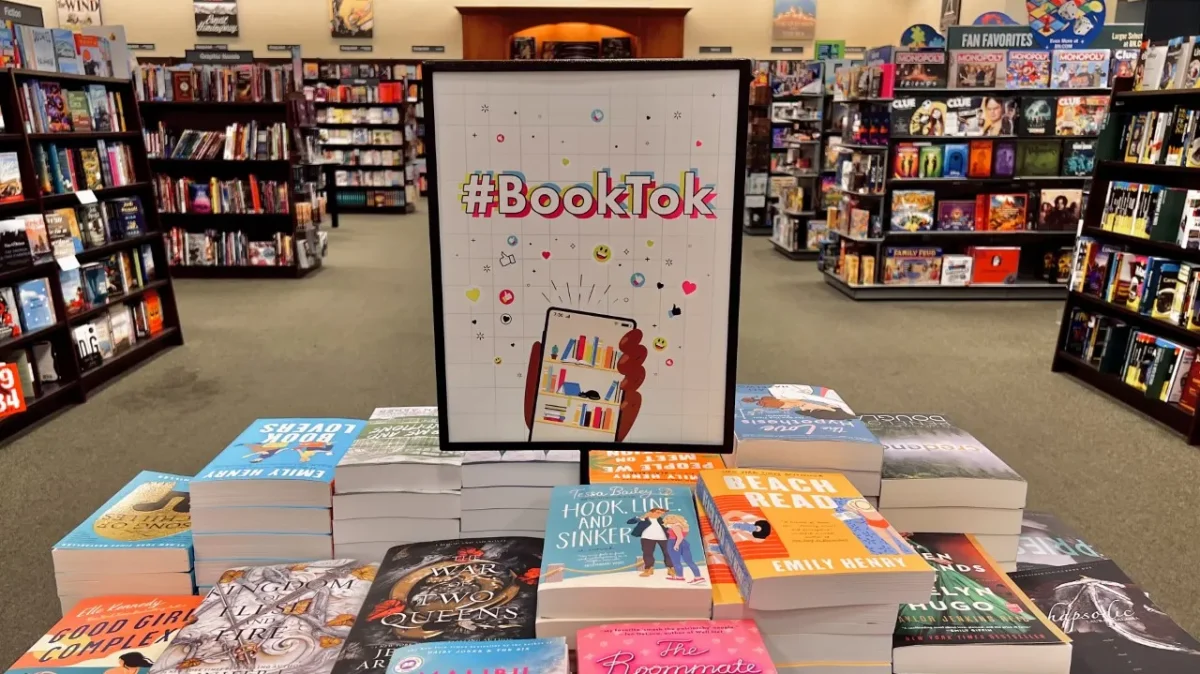Canada is considered to be one of the most peaceful countries in the world. It is inarguably a relatively safe place to live, but that does not mean that it has always been, or continues to be, a country without problems. Canada has some regrettable history that is tremendously important to talk about and learn from, one of the most severe being the treatment of Indigenous peoples in this country. It is not expected that all Canadian citizens will know about every historical event and have memorized every piece of legislation, but an effort must be made. That is why, as of 2013, September 30th has been referred to as Orange Shirt Day, and as of June 2021, it has been recognized as the National Day for Truth and Reconciliation.
Before deep-diving into Canadian history, the current state of the country, and Truth and Reconciliation, it is important to know what these words mean. Truth: that which is true or in accordance with fact or reality, and Reconciliation: the restoration of friendly relations. There is a clear application of these words when discussing Indigenous rights in Canada. Truth and Reconciliation focuses on learning about and addressing the past (truth), and making right the damage that was done so the rights and lives of Indigenous peoples are improved in the future (reconciliation). However, there is some controversy around the use of the word reconciliation. It suggests there were positive relations prior to colonization, but there never were ‘right relations’ for Canada to re-establish. But that is a whole other topic for a different time.
In 2015, the Truth and Reconciliation Commission released its final report including the 94 Calls to Action. “The 94 Calls to Action (CTAs) are actionable policy recommendations meant to aid the healing process in two ways: acknowledging the full, horrifying history of the residential schools system, and creating systems to prevent these abuses from ever happening again in the future.”(ReconciliationEducation.ca).
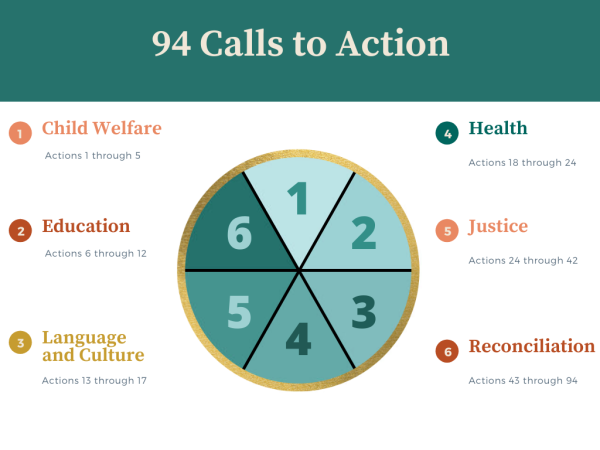
The Calls to Action are divided into five major categories: Child Welfare, Education, Language & Culture, Health, and Justice. In short, the 94 Calls to Action are policies and changes that the government has agreed to implement for the sake of healing Canada’s relationship with Indigenous peoples. However, since 2015, only 12 of the 94 CTA (calls to action) have been completed, 38 are currently in progress (projects proposed), 24 are in progress (projects underway), and the remaining 20 have not yet been started.(ReconciliationEducation.ca). Over time, since the introduction of the 94 CTA in 2015, there has been an undeniable decrease in the number of projects being addressed, so it is of the utmost importance that the National Day for Truth and Reconciliation continues to be recognized and promoted as a day for reflection and acknowledgement.
The colonization of Canada has done tremendous harm to Indigenous cultures, communities, families, and individual persons. The damage that has been done cannot be undone, but it can be rectified through recognition and action. Of course, nobody has total influence over the Canadian government, but there are more accessible ways of participating in truth and reconciliation. For example, on September 30, the National Day for Truth and Reconciliation, and the days leading up to it, R. H. Kings Grade 11 First Nations, Inuit, and Metis English classes will be handing out buttons and informational pamphlets, putting up posters around the school, sharing announcements, and hosting events that will provoke engaged thought about what reconciliation means to each individual while simultaneously immersing the students in different aspects of Indigenous culture. This is just one example that is available to all King students, but there are so many ways to do one’s part to contribute to truth and reconciliation. Wear an orange shirt on September 30th, attend events related to Indigenous culture and history, take part in a letter writing campaign to the government, donate time/money/resources to an Indigenous-run organization, for example.
Canada has made and continues to make mistakes as a nation. These mistakes must be acknowledged and rectified by the Canadian government and its citizens. The National Day for Truth and Reconciliation is approaching, so now is as good a time as any to conduct some research and do one’s part for Truth and Reconciliation and the 94 Calls to Action
Sources and resources for those interested:
https://www.reconciliationeducation.ca/what-are-truth-and-reconciliation-commission-94-calls-to-action
https://www2.gov.bc.ca/assets/gov/british-columbians-our-governments/indigenous-people/aboriginal-peoples-documents/calls_to_action_english2.pdf
https://www.canada.ca/en/canadian-heritage/campaigns/national-day-truth-reconciliation.html
Get involved: https://culturedays.ca/en/resources/truth-and-reconciliation
Toronto-based Indigenous service: https://nativechild.org/
Letter writing campaign/prompt: https://worldchangingkids.ca/wp-content/uploads/2021/10/Writing-Letters-for-Reconciliation-Residential-Schools-Slide-Show.pdf


